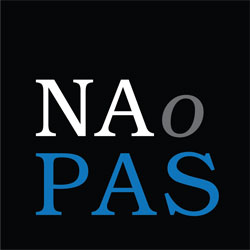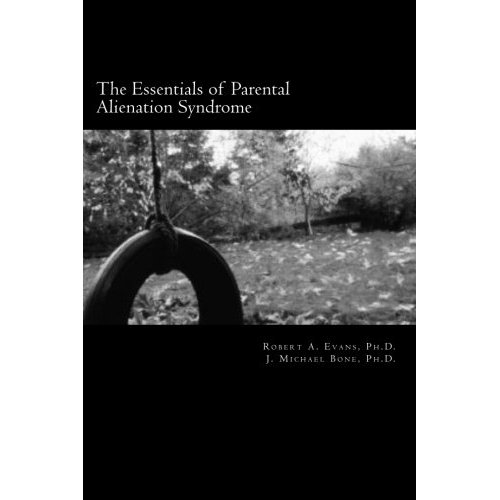Happy New Year to one and all! This article is a continuation from last year and an expansion of the previous content: Is hiring an expert worth it in family law cases involving parental alienation.
From the previous article I introduced “is hiring and expert worth it” with: Sometimes rejected (alienated) parents and their attorney consider hiring an expert to help, for example, one reason might be to strengthen their viewpoint to the court. Experts can take a variety of roles and one of these is that of giving instructional testimony. Experts are generally not inexpensive so parents want to know how effective experts have been in cases involving parental alienation.

The effectiveness of an expert in these cases depends on a number of factors, some of which include the:
- Court
- Favored Parent
- Expert
Court
I wanted to expand on the idea that Parental Alienation (PA) is not in the DSM-5 and therefore, it doesn’t exist.
Most, or the majority of legal and mental health professionals, know PA happens in high conflict, highly contentious divorce cases. One tactic some use in defending their case Is to distract a court with the fact that PA is not in the DSM-5 and because of that it is not recognized as a “disorder” and because it is not a disorder its significance should be minimized if it is to be considered at all.
This form of questioning puts a testifying expert on the defensive and if not addressed properly could discredit the expert and therefore diminish his or her effectiveness.
The reality is that PA and the associated behaviors by both the alienating parent and the alienated child are problematic.
These behaviors effect the development of the child involved causing serious disruption to the child’s immediate developmental stability, psychological development and short and long-term functioning. The research is replete with examples of immediate and future disruptions and harm that children experience as a function of learning to reject a parent for unjustified reasons. In most cases the child is under the influence of a parent who is experiencing severe psychological abnormalities, which frequently go undetected.
Such alienating parents will fool their attorneys, evaluators, parent coordinators and even the courts into thinking these are just loving well bonded parents. These alienating and rejecting parents will present as rational and intelligence beings but underneath their perceived inadequacies are the real culprits that are twisting their realities into the delusions that are influencing and destroying their children. Living with an alienating parent is analogous to a petri dish cultivating future psychopathology for the children.
So does PA exist? These cases require the understanding of family dynamics along with the PA research.
PA is analogous to many disorders identified over the decades, but one of most descriptive is the cross-generational coalition concept found in family systems theory.
Within family systems theory is the concept of a child’s triangulation into the conflict between the parents which can include a cross-generational coalition of a child with one parent, the alienating parent, against the other parent, the rejected parent. A comprehensive family history of the litigants will in all likelihood reveal this triangulation is the result of a lack of attachment between the alienating parent and his or her parents.
Salvador Minuchin, in 1974, identified this coalition as a form of a rigid triangle. According to Minuchin, this rigid triangle forms a stable coalition where the alienating parent forms a rigid bond or attachment with the child in this coalition against the rejected parent. This bond, by the way, is frequently perceived or more correctly misperceived as a positive, healthy attached relationship and nothing could be further from the truth. If someone identifies the coalition and calls it as it is, perverse, it is frequently denied as a coalition.
Jay Haley, another family systems researcher, identified this coalition as one in which the “separation of generations is breached in a covert way and forms a repetitive pattern that is pathological.” In these cases the coalition is between a child or children and an alienating narcissistic/borderline personality parent. The characteristics of the alienating parent transform this “family” into a malignant form of the cross-generational coalition.
So while PA is not in the DSM-5, THE book of disorders, it may not technically be labeled a disorder, it is, however, a combination of personality disorders and cross-generational parent-child coalitions which are in fact standard psychological constructs familiar to professionals working with families and especially with families entrenched in the legal system.




How does one go about finding a qualified expert?
Ask questions. Ask questions of the potential expert; what’s the most recent article/book he/she has read on the topic? What continuing education has the potential expert attended or taught? When was the last hearing or trial they attended where they expressed an opinion on PA? Talk to attorneys who might be able to refer you to someone. Email some of the recognized experts in the field (google them) and ask them who they would refer you to. Presently there is no way to absolutely know who is The expert, but the more they are read up on PA and the more they testify either for it or against, the more experience they have with it. I hope this helps
This article helps me a lot. Thanks for sharing valuable information. As I was looking for such information, I have found an article useful like this; you can check it out here. Parental Alienation Canada I hope you get more information.